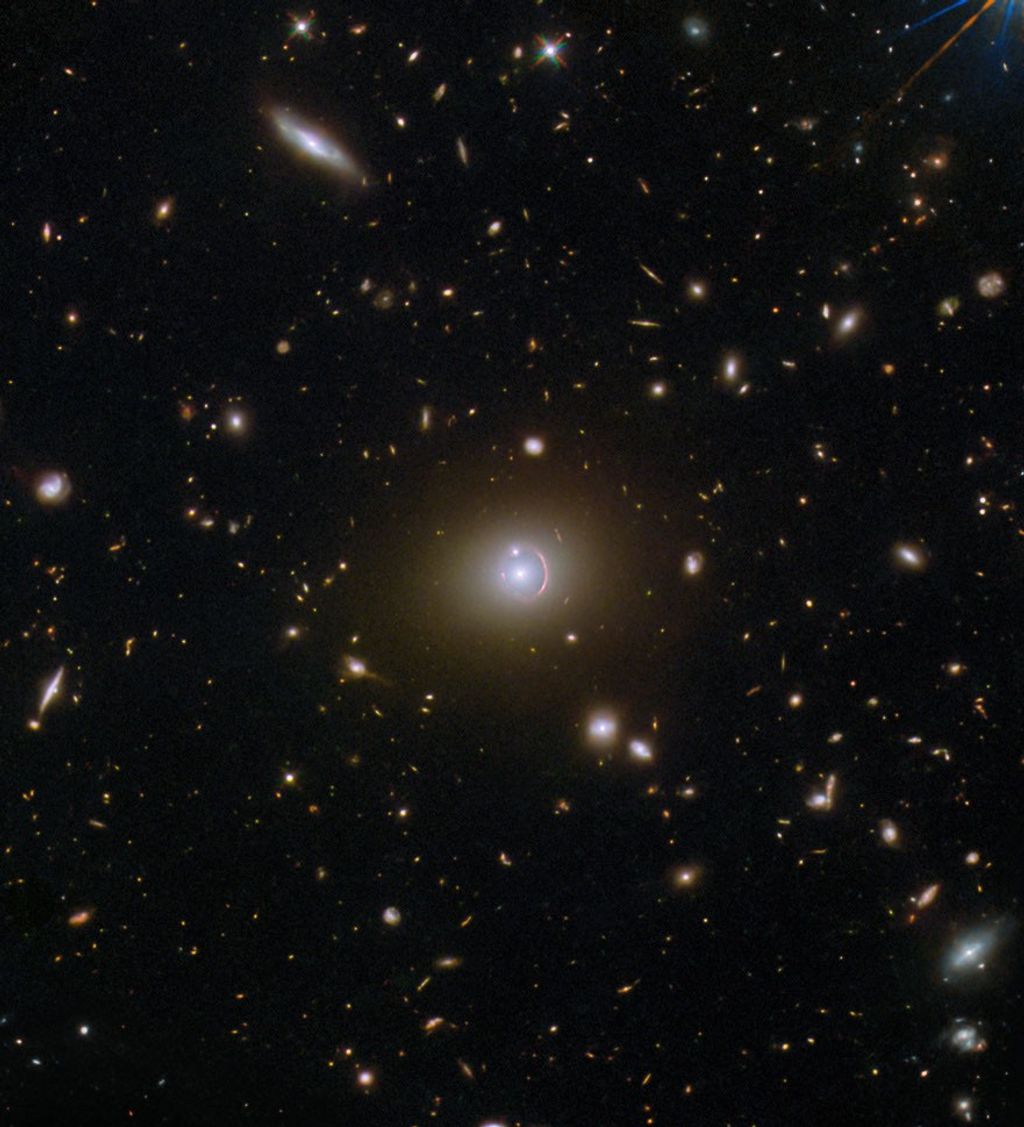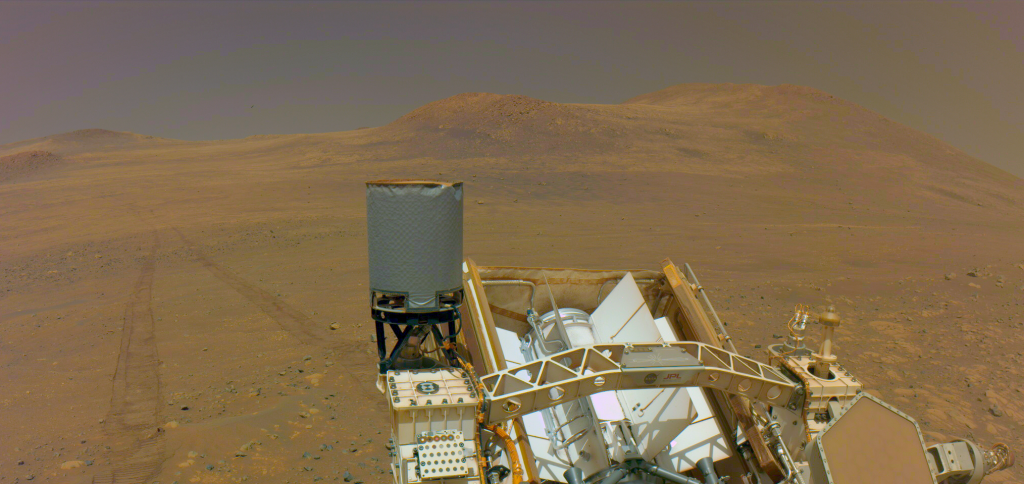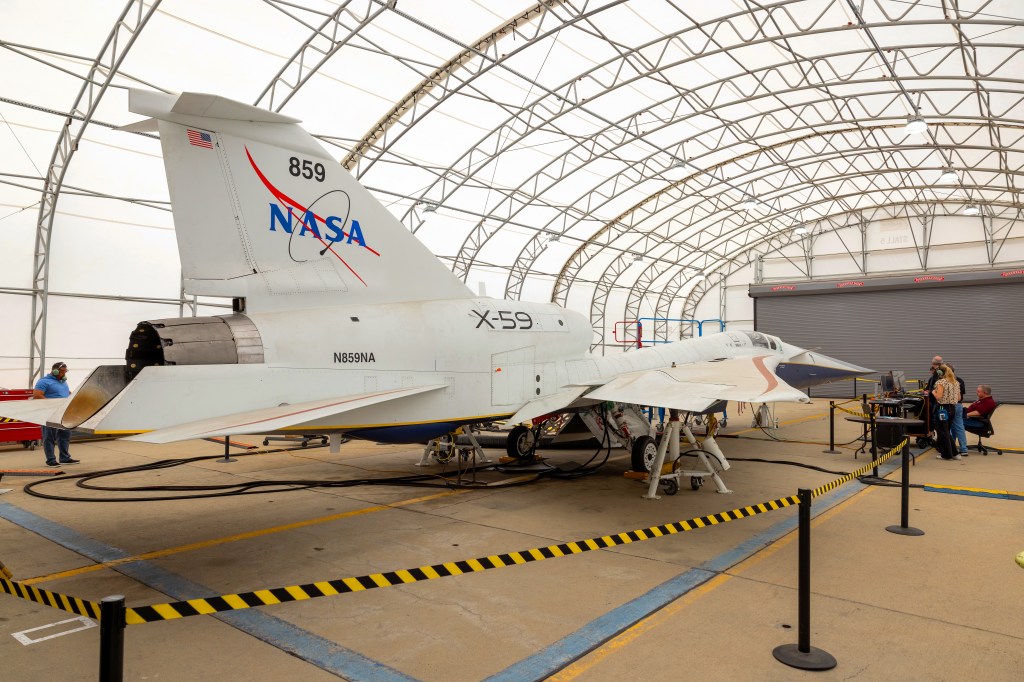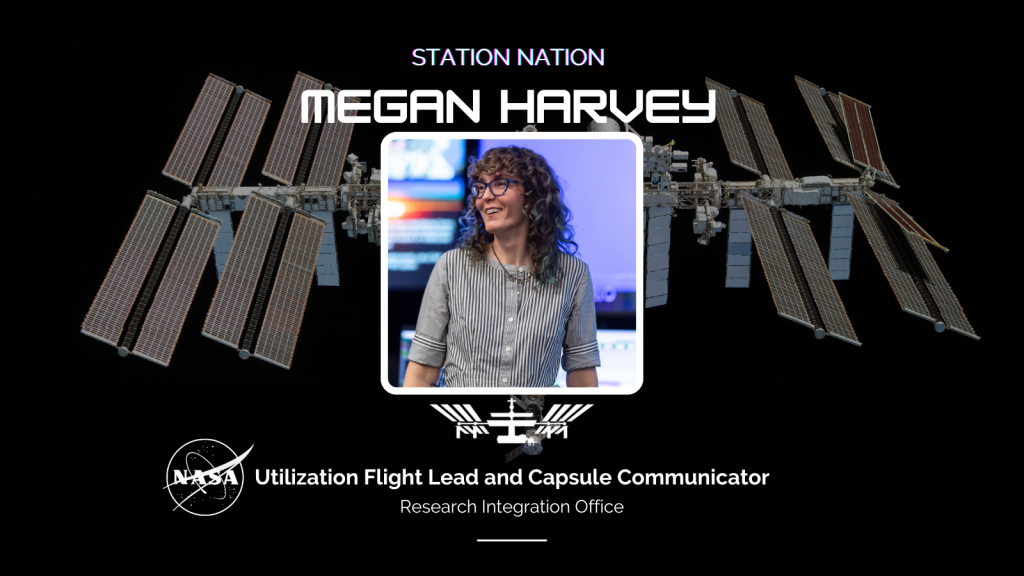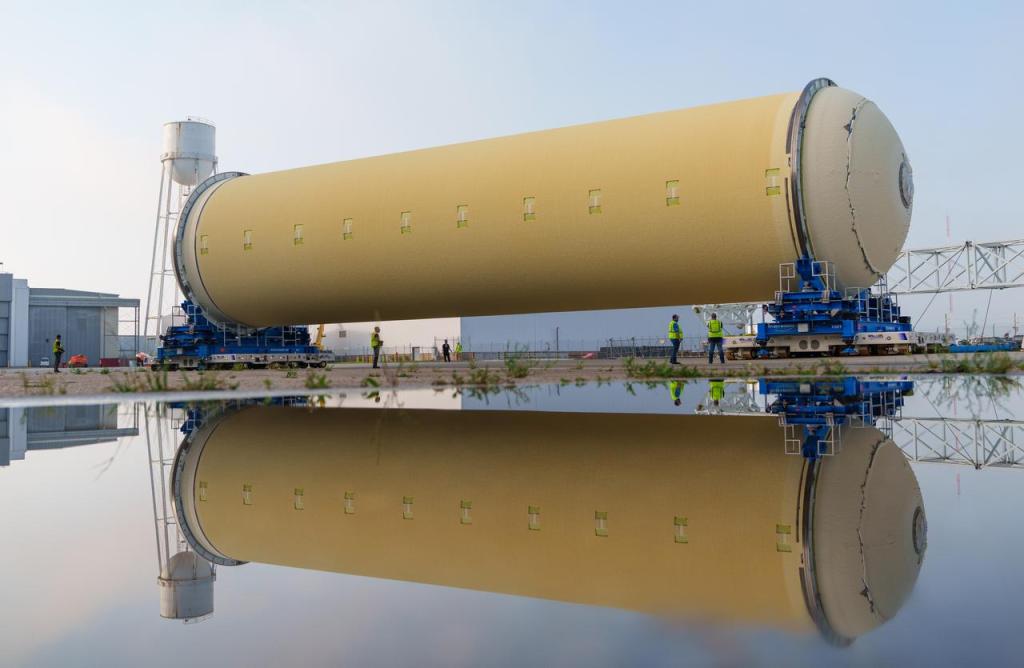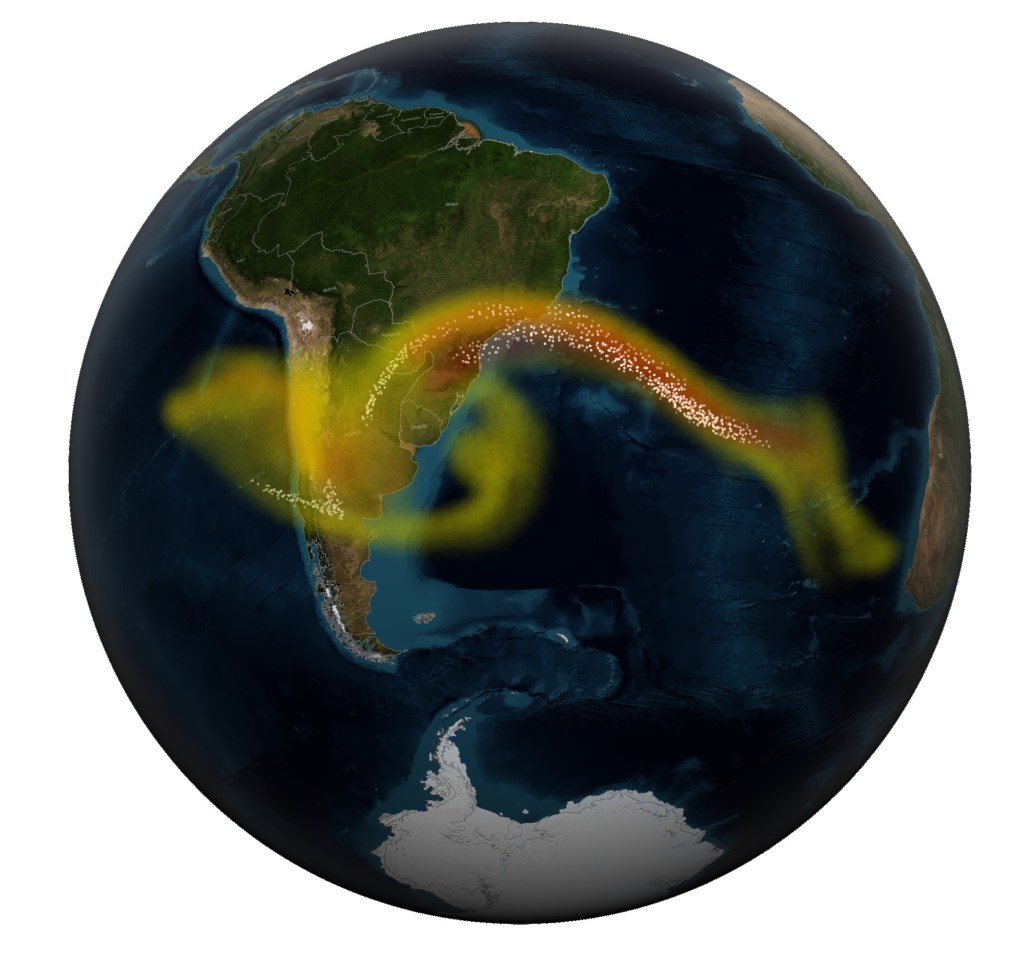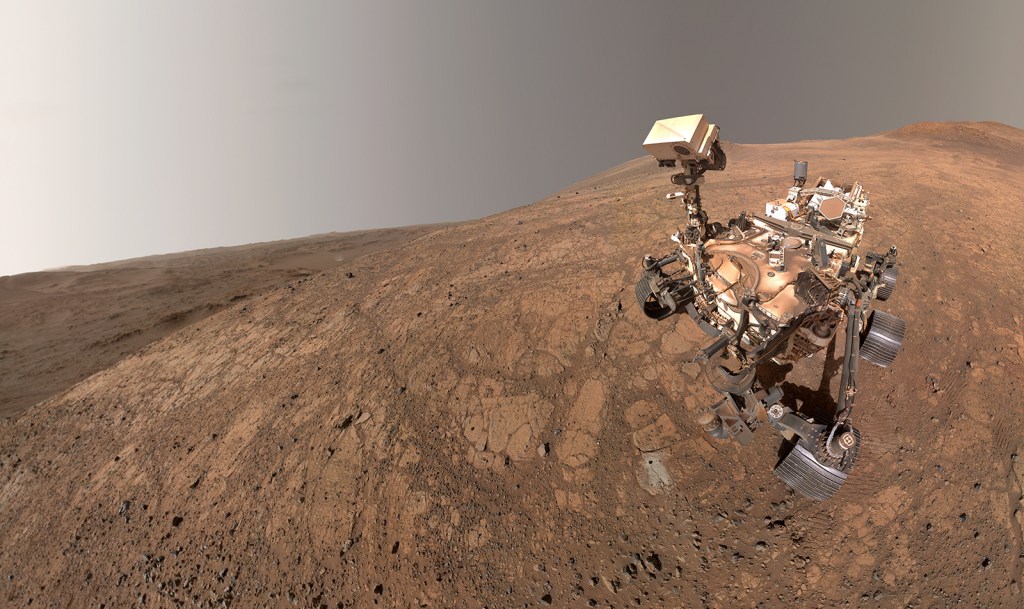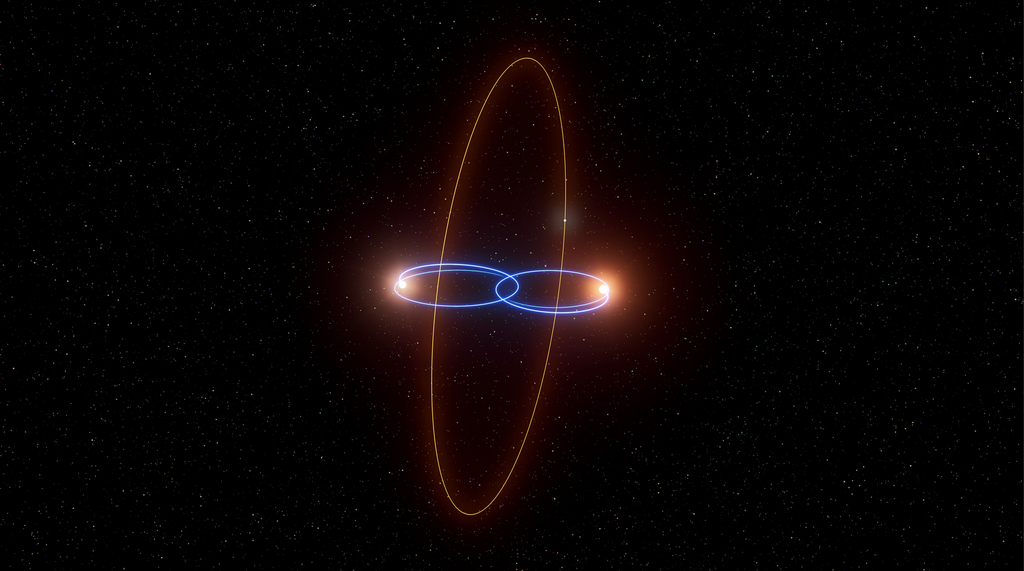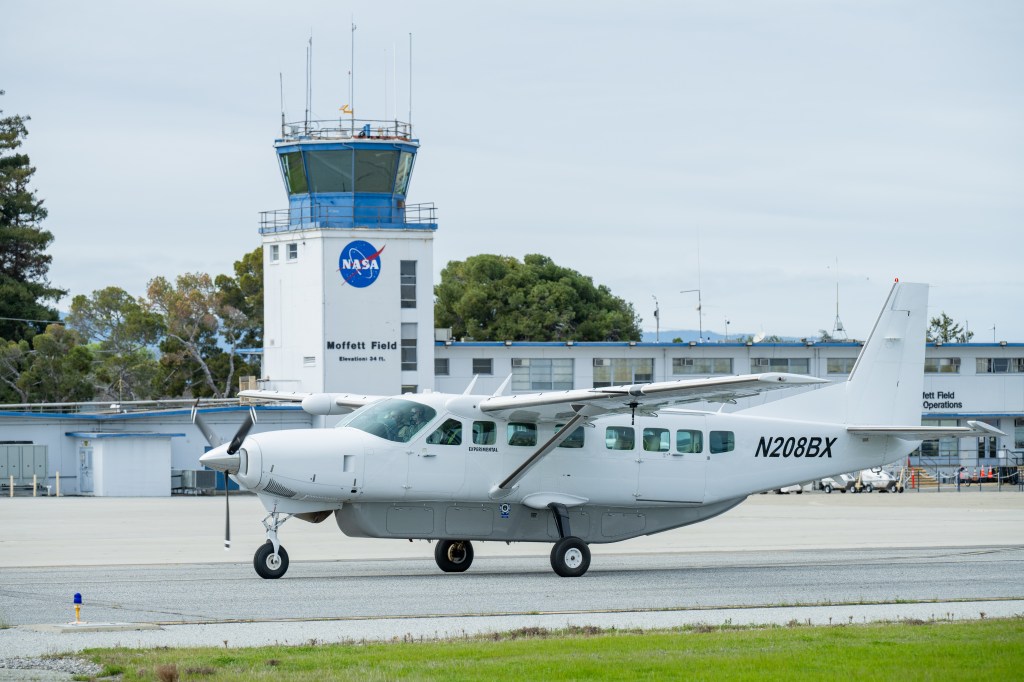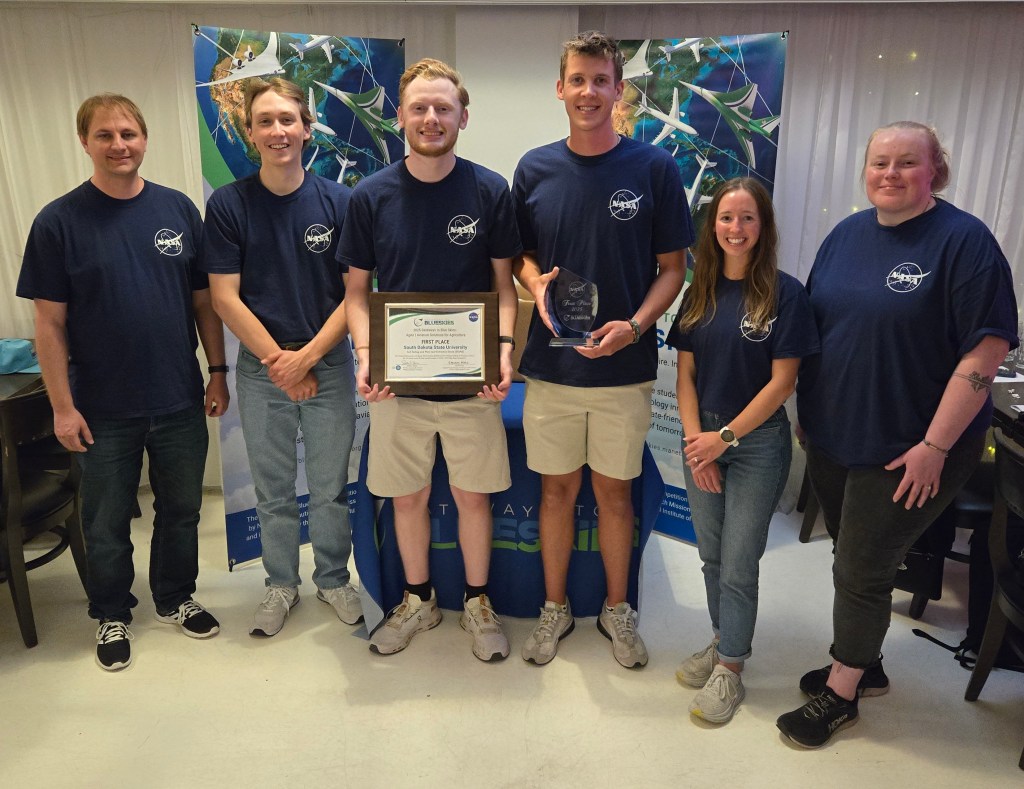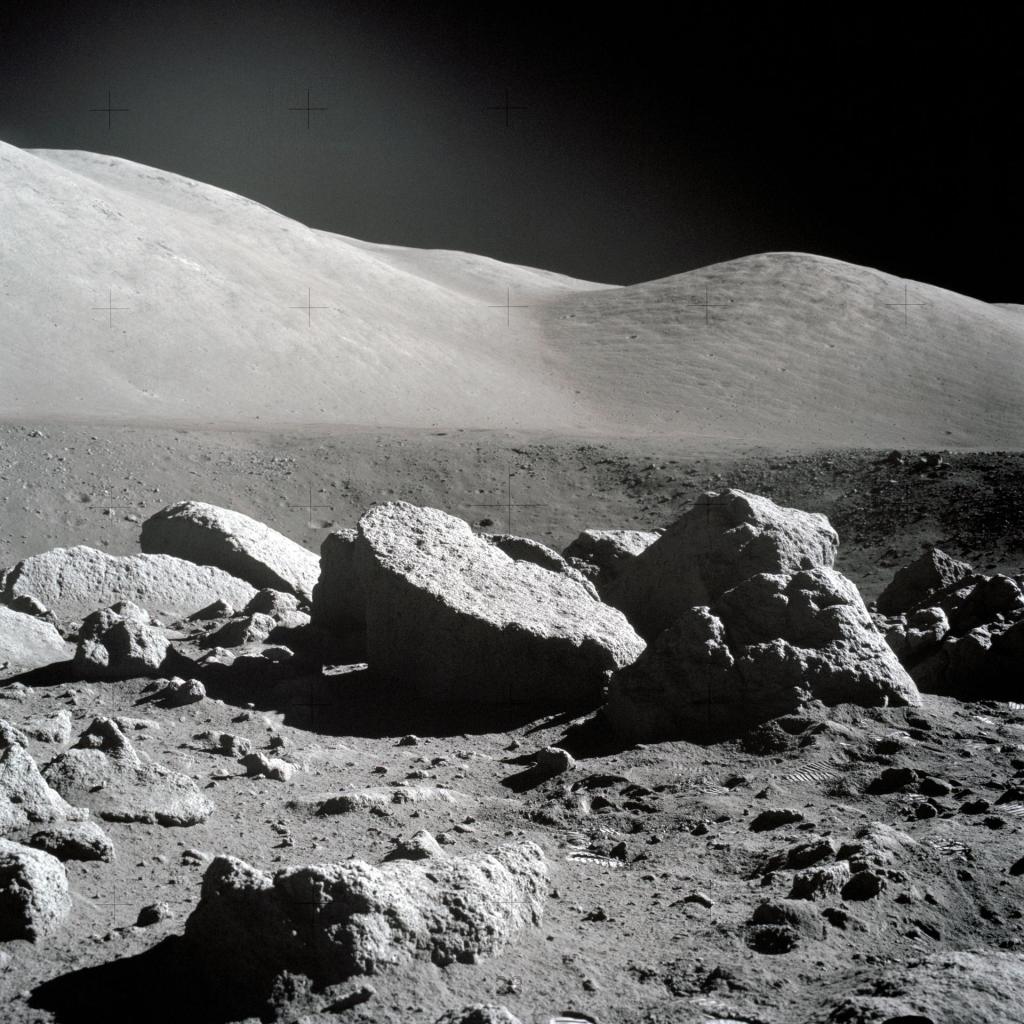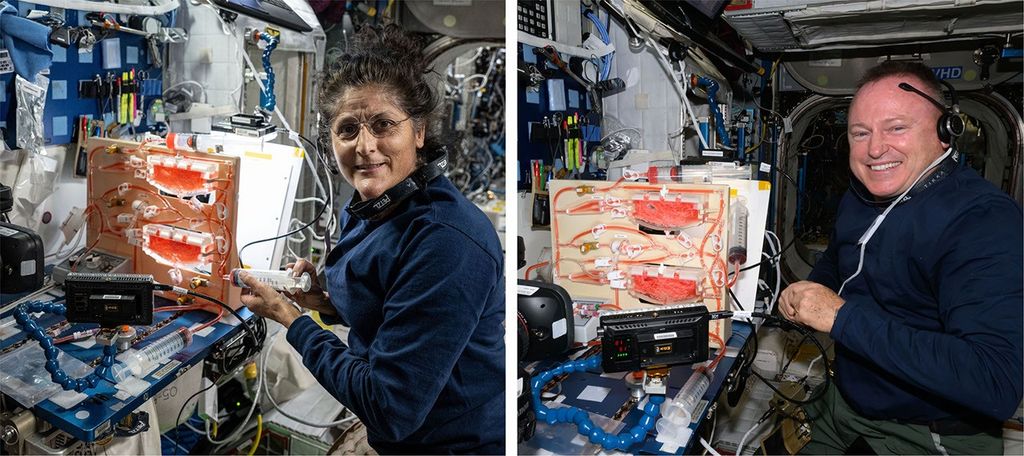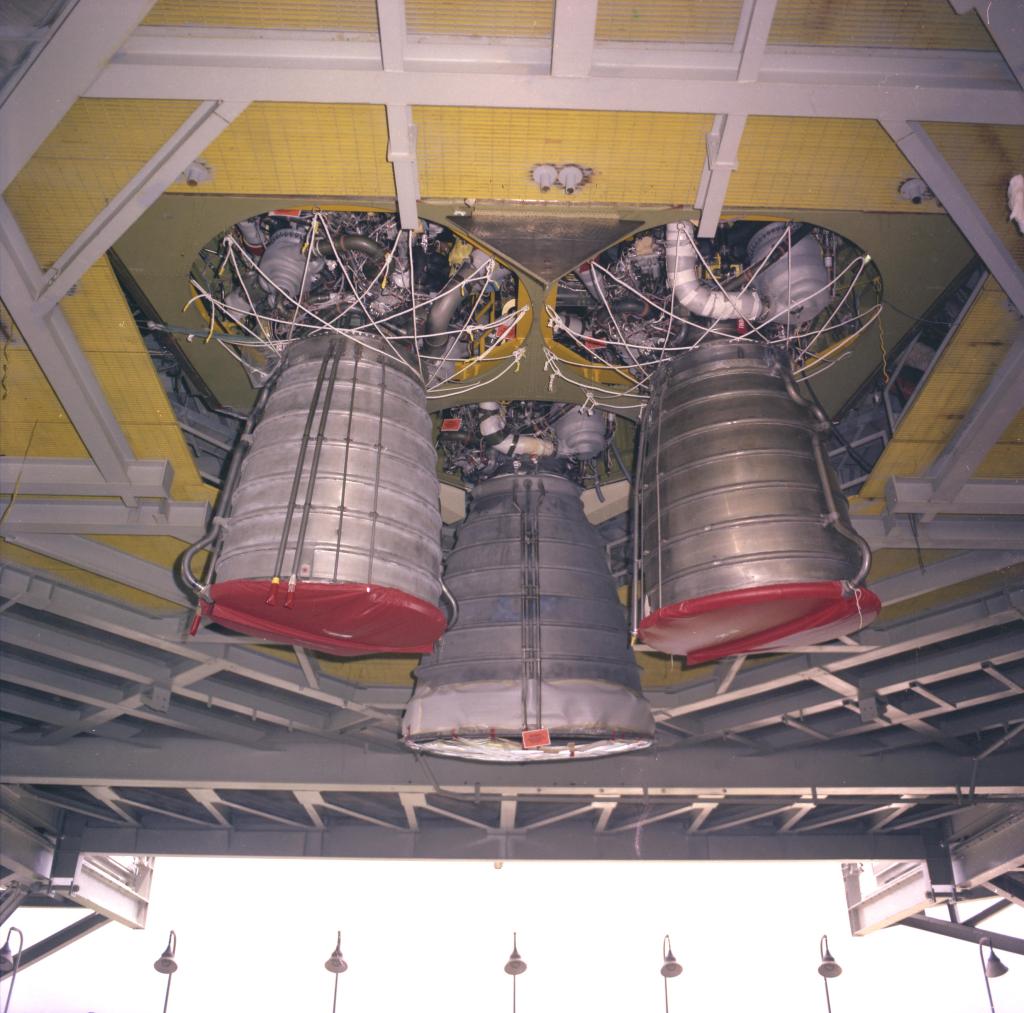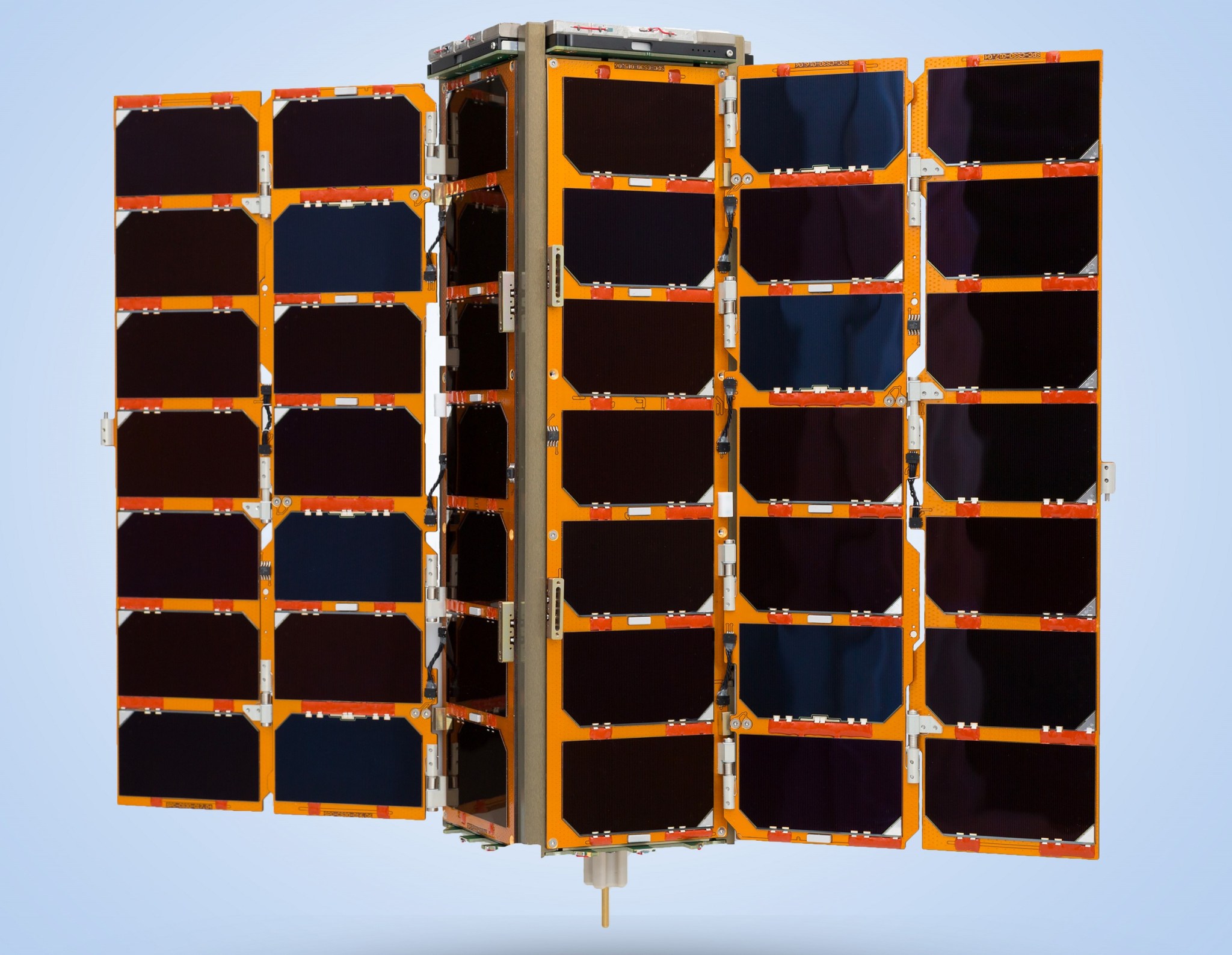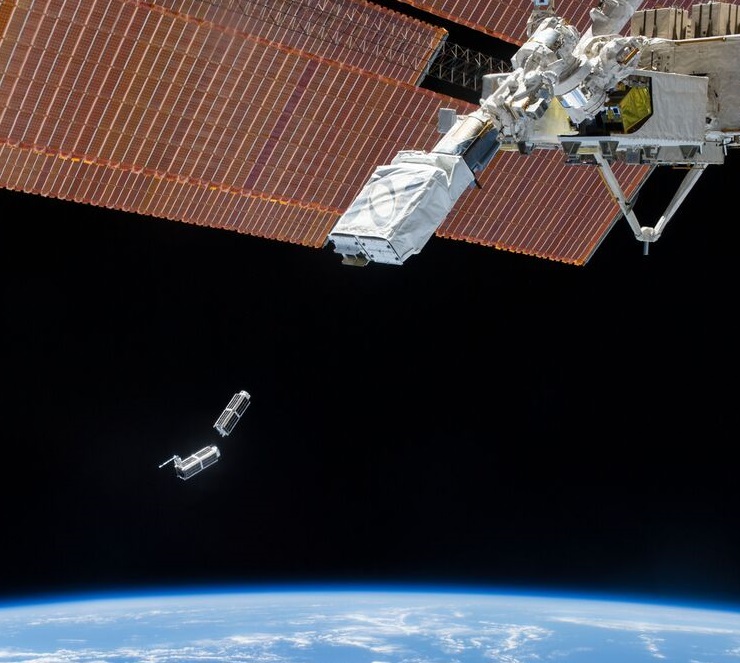NASA has launched a pilot program to evaluate how Earth science data from commercial small-satellite constellations could supplement observations from the agency’s fleet of orbiting Earth science missions. On Sept. 28, the agency awarded sole-source contracts to acquire test data sets from three private sector organizations.
NASA’s Earth Science Division in Washington issued blanket purchase agreements for the “Private Sector Small Constellation Satellite Data Product Pilot” program. Under these agreements, the agency purchases data sets and related products based on observations derived from Earth-orbiting, small-satellite constellations designed and operated by non-governmental entities.
“This pilot program is an innovative and efficient way for us to acquire, examine, and evaluate a wide range of private sector Earth observation data,” said Michael Freilich, director of NASA’s Earth Science Division. “As our very capable NASA research satellite fleet ages and more small satellites are launched by private industry, there are opportunities to leverage the strengths of each into even more complete climate data sets.”
NASA will provide the test data products to NASA-funded researchers, who will examine whether the data help advance the agency’s science and applications development goals. The pilot program is designed to determine whether these private sector observations and associated products offer a cost-effective means to augment or complement the suite of Earth observations acquired directly by NASA, other U.S. government agencies, and international partners.
The contracts were awarded to:
- DigitalGlobe, a Maxar Technologies company headquartered in Westminster, Colorado, has five very high-resolution Earth imaging satellites (GeoEye-1, WorldView-1, WorldView-2, WorldView-3, WorldView-4) capable of collecting 30-centimeter resolution imagery.
- Planet, headquartered in San Francisco, has three satellite constellations (SkySat, Dove, RapidEye) with more than 150 satellites supplying imagery and derived products over the entire Earth at medium and high resolution with high repeat frequencies.
- SPIRE, headquartered in San Francisco, operates a constellation of over 60 satellites collecting radio occultation soundings, aircraft location information and ship reports. GPS radio occultation measurements can be used to sound the atmosphere for temperature, water vapor, and atmospheric pressure.
These contracts represent the first time that NASA has engaged with commercial small-satellite constellation operators to purchase their data for scientific evaluation. They establish a way for NASA to acquire and examine the data products during the next 12 months. Each contract includes an option for NASA to extend the agreement for an additional four years, for a total value of up to $7 million for each of the three agreements.
To be considered for participation in this pilot program, companies had to demonstrate they were currently operating a small satellite constellation of no fewer than three satellites in non-geostationary orbit and producing consistent global coverage. Companies also were asked to supply a comprehensive catalog of their data, describing areal coverage, data latency, pricing, and other factors.
NASA uses the vantage point of space to understand and explore our home planet, improve lives and safeguard our future. The agency’s observations of Earth’s complex natural environment are critical to understanding how our planet’s natural resources and climate are changing now and could change in the future.
For more on NASA’s Earth science activities, visit:
-end-
Steve Cole
Headquarters, Washington
202-358-0918
stephen.e.cole@nasa.gov

